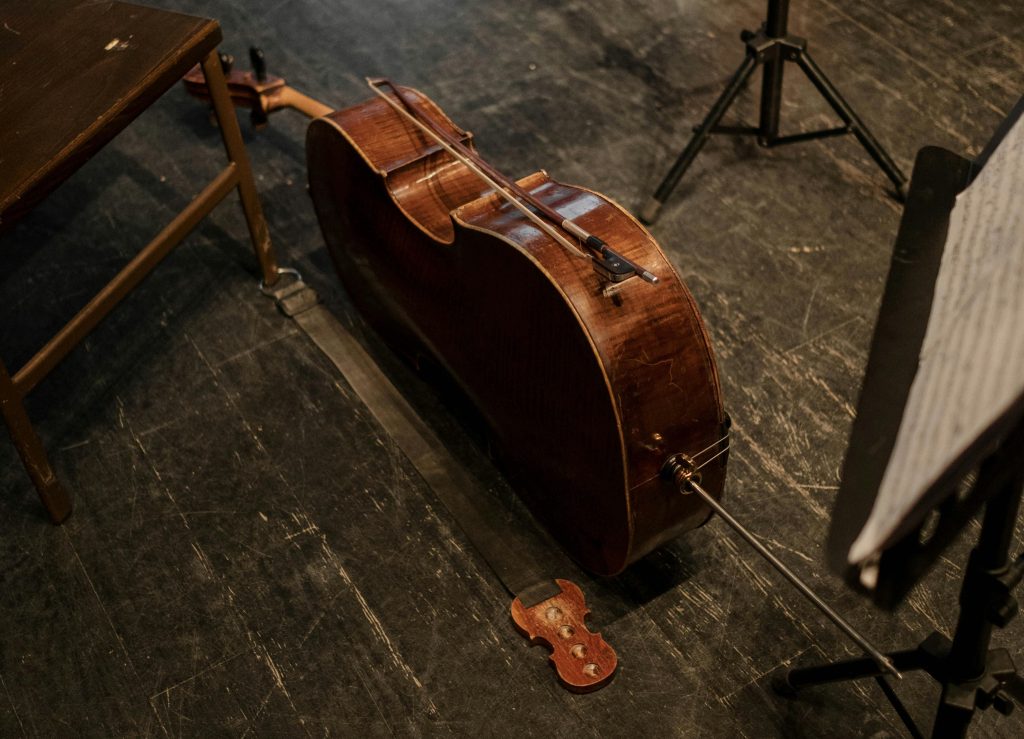The cello was crafted in 1700 by Venetian luthier Matteo Goffriller.
Others are reading now
Traveling for musicians often involves navigating logistical hurdles, particularly when precious instruments are involved.
For world-renowned British cellist Sheku Kanneh-Mason this struggle became all too real.
Sheku Kanneh-Mason is best known for performing at Prince Harry and Meghan Markle’s wedding in 2018, according to Hotnews.
On tour in North America with his sister, pianist Isata Kanneh-Mason, Sheku was forced to cancel a Toronto concert.
Also read
The reason? An airline refused to honor a seat reserved for his cello.
Denied Boarding
The cello, crafted in 1700 by Venetian luthier Matteo Goffriller, is valued at $3.2 million (£2.6 million) and travels with Sheku on every tour.
The Kanneh-Masons were scheduled to perform at Toronto’s Koerner Hall, but delays and a flight cancellation upended their plans.
After securing a replacement flight, they encountered a new roadblock.
Air Canada denied boarding for the cello, despite the fact that a seat for the instrument had been booked and confirmed in advance.
After hours of trying to resolve the issue at the airport, the siblings had no choice but to call off the performance, disappointing over 1,000 fans.
On social media, they expressed their sorrow and frustration, saying they “dream of a day when airlines adopt a standardized, global approach to transporting valuable instruments.”
Air Canada has policies permitting passengers to buy seats for instruments within specific size and weight limits, which Sheku’s cello adhered to. However, inconsistencies in how such policies are applied have plagued musicians worldwide.
Sheku’s manager criticized the airline’s failure to honor its own commitments. While Air Canada refunded the tickets, no formal apology has been issued.
The Kanneh-Masons are working to reschedule the concert, but this incident sheds light on a broader issue.
Musicians often face uncertainty when traveling with their instruments, as inconsistent practices create stress and logistical nightmares.

